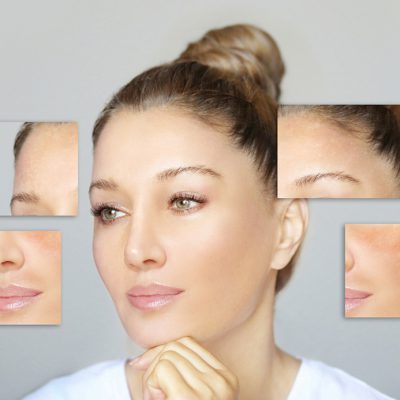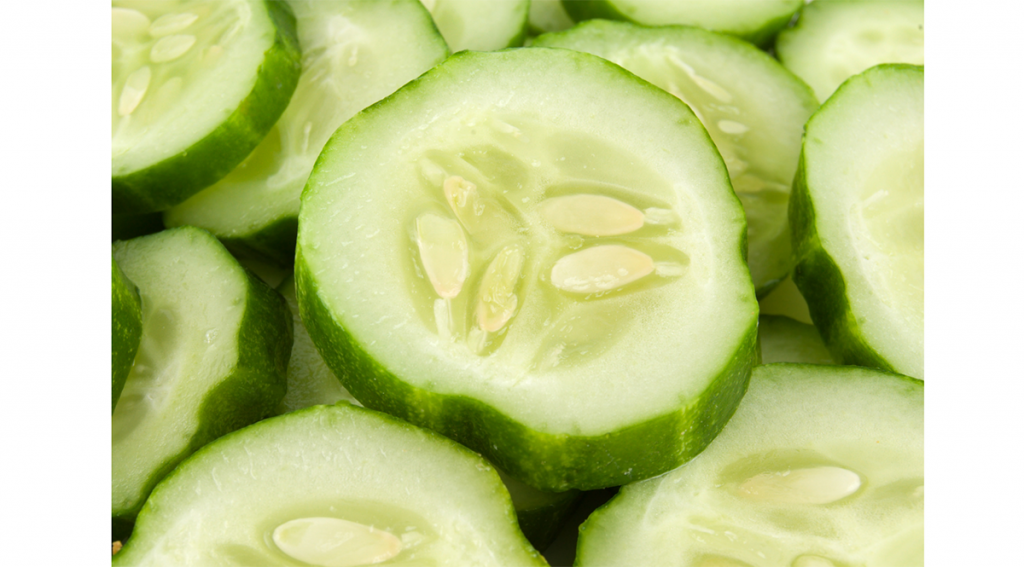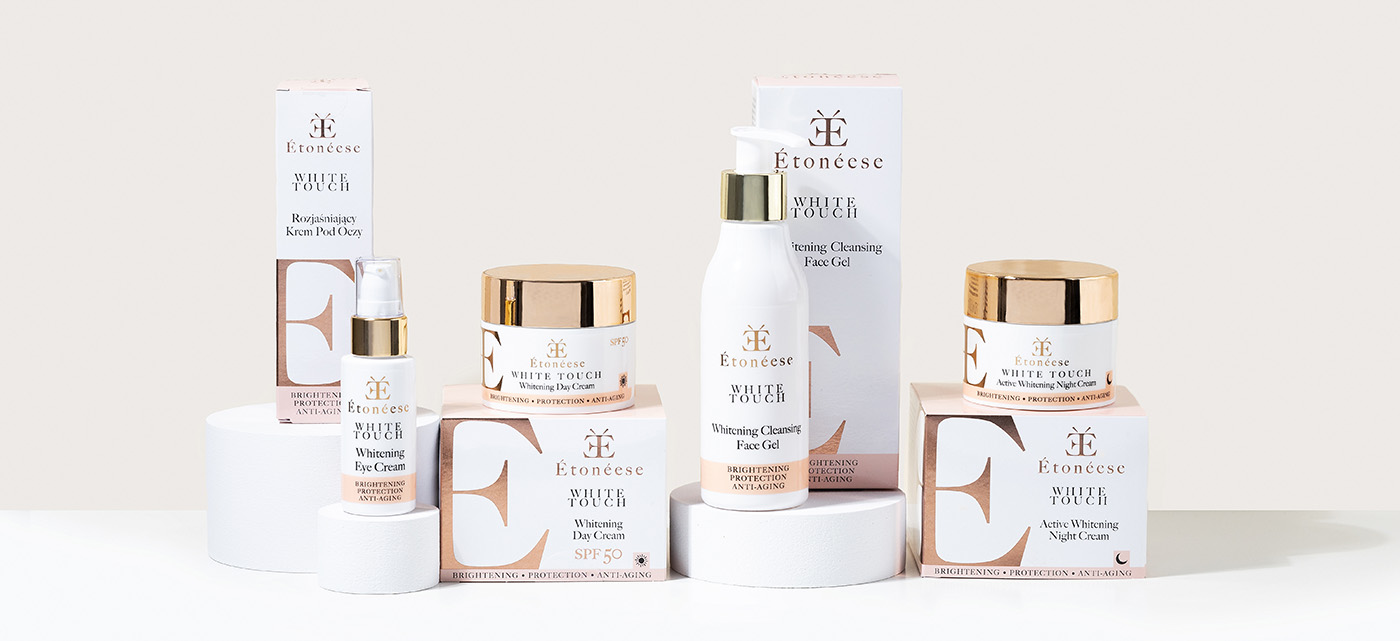
Hyperpigmentation, or dark spots and discoloration of the skin, is an aesthetic problem that results from increased production of melanin, the pigment responsible for the color of the skin, eyes and hair.
Melanocytes are cells found in the outer layer of the epidermis where melanin is produced. There are many different reasons that can stimulate the skin to overproduce pigment (melanin), and by far the most common is sun exposure. When deprived of protection in the form of high quality cosmetics and exposed to UV rays, the skin naturally activates an increased amount of melanin to protect the body.
Evenly distributed pigment resembles a tan, but over time or as sun exposure increases, most of the pigment is distributed unevenly in the skin. This is how hyperpigmentation occurs, which can take the form of age spots, freckles or melasma – a specific type of hyperpigmentation that occurs under the influence of hormonal changes
Hyperpigmentation often appears after summer and vacations and sun exposure. They can occur on the face, neck, décolletage, hands, legs or arms. Although, there are also hyperpigmentation that occurs after inflammation or trauma to the skin and it can occur on any part of the body.
Other factors that can contribute to hyperpigmentation include contraceptives, medications that increase sensitivity to sunlight.
Age spots – a common sign of photoaging. They appear as a result of overexposure to UV radiation on the parts of the skin most frequently exposed to the sun, i.e. the face, hands, décolleté, neck and forearms.
Post-inflammatory hyperpigmentation is that which persists after skin injuries such as rashes, cuts, eczema or acne.
Melasma is discoloration that is most common in women and is associated with hormonal changes during pregnancy. It appears on the cheeks, chin, nose, above the upper lip or on the forehead.
Freckles – although often passed down in genes, this is a type of hyperpigmentation that becomes darker and more visible after sun exposure.
There are natural ways to lighten hyperpigmentation. If you want to use such a treatment, it is best to try it on a small and invisible area of the skin and discontinue if irritated. Popular home remedies to lighten hyperpigmentation are:





While the causes of different types of skin discoloration may vary, there are a few universal tips to prevent them. The first step is to identify the type of discoloration. In addition to using the following tips, it’s a good idea to consult a dermatologist.
To prevent hyperpigmentation, you need to make sure your skin is protected from the sun. This means applying sunscreen every day – even in the fall and winter. It is best to choose cosmetics with SPF 50, which provide broad-spectrum protection against UVA and UVB radiation. Reapply sunscreen every two hours, and if you’re outside for long periods of time, wear sunglasses and a sun hat and cover your body by wearing long sleeves and legs. Enjoy the sun’s rays in the morning or evening if you can, and spend time in the shade during the day when they are most intense.
Avoid scratching mosquito bites, don’t squeeze pimples, and when you cut yourself, apply a patch to the wound to protect your skin from scarring or discoloration.
Whitening cosmetics, That combine ingredients with proven brightening effects such as alpha arbutin, vitamin C, licorice root extract, and azeloglycine in their INCI formulas is an excellent option. It’s also a good idea to choose cosmetics with retinol or another exfoliating agent and look for moisturizers in them, as well as antioxidants to help heal damaged skin cells.
Many dermatologists recommend high-quality brightening cosmetics to reduce hyperpigmentation and reduce the appearance of freckles, spots and blemishes. Choose Etoneese’s White Touch line of cosmetics to reduce discoloration and prevent the causes of hyperpigmentation. We have filled their formulas with ingredients with brightening, anti-inflammatory and anti-aging properties. As a result, Etoneese Cosmetics formulations even out the color, soothe redness and irritation, protect against the sun and leave the complexion moisturized.

Cosmetology and aesthetic medicine also offer solutions to brighten the skin and reduce the appearance of hyperpigmentation. Recommended cosmetic treatments for hyperpigmentation include chemical peels, microdermabrasion, IPL or laser therapy.
The best prevention of skin hyperpigmentation is the use of sunscreens with SPF 50 and brightening cosmetics that protect melanocytes from stimulating melanin production. Any brightening treatments in aesthetic medicine clinics and the use of the best cosmetics for hyperpigmentation will not work if you do not take care of daily protection from the sun.